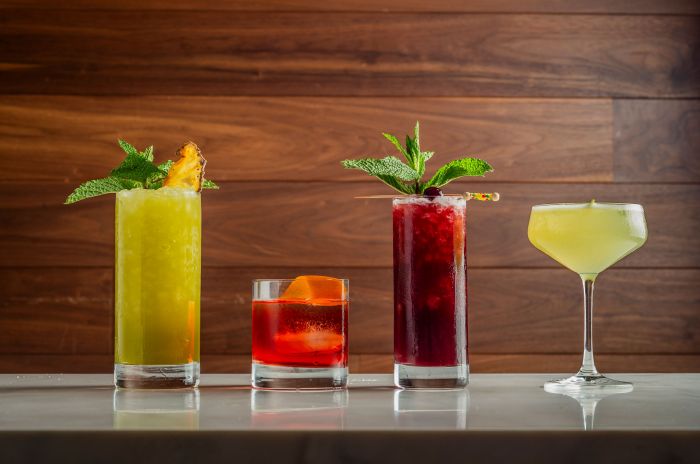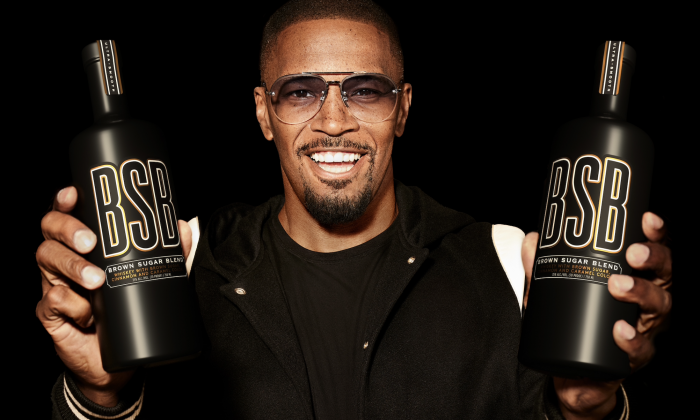
Few topics can start an argument among oenophiles more quickly than the Bordeaux versus Burgundy debate. The friendly rivalry between these two celebrated wine regions has existed for centuries, and both camps are steadfast in their belief that their region of choice showcases not only the best of the vine, but also the very heart and soul of France herself. Is there really a winner in this race? Not likely, as it’s far too easy to fall in love with both.

Personality
Burgundy wines carry a longer history than those hailing from Bordeaux—one that represents a deep-rooted love for the land. The region, nestled in east central France, has been producing wine since the 1st century AD, with medieval clerics and monks later securing its position as a vinicultural force to be reckoned with. Burgundy reds were long the preferred sacramental wine of the Catholic Church, adding to its popularity. The region enjoys a reputation for celebrating its juice above all else, and cultivating its vineyards with a tradition of personal, hands-on care. Its image is rustic, romantic and resilient, while its wines are soft, ethereal and refined.
Bordeaux, resting on France’s southwest border, has a long, impressive history of its own. First cultivated by the Romans as early as 70 AD, Bordeaux’s global appeal got its start from the 1152 marriage of England’s Henry Plantagenet (later King Henry II) and France’s Eleanor of Aquitaine, one of the wealthiest and most powerful women of the Middle Ages. With Aquitaine becoming English territory, their union opened the door to wine export, introducing the beauty of Bordeaux first to England and, as time went on, the world. Characterized by long-standing, sometimes centuries-old grand chateaux, Bordeaux wines are complex and aristocratic.
Simply put, Bordeaux is considered the jewel in the fine wine crown while Burgundy is its roguish, sensual competitor that confidently levels the playing field.

Land Ownership and Classification
Bordeaux and Burgundy are miles apart when it comes to land ownership. Vineyards in Burgundy are not owned by a sole proprietor. Instead, portions of the land are divided among multiple owners and independent winemakers who cherish their smaller tracts and work them accordingly. Bordeaux, on the other hand, opts for singular ownership of its vineyards by sprawling, high visibility chateaux.
The structure of ownership in each region also influences the classifications of their wines. Bordeaux wines are classified according to chateaux and, by extension, producers. This echoes the inaugural Bordeaux Wine Official Classification of 1855, which was requested by Napoleon III for the Great Exhibition in Paris, and ranked the region’s wines according to the reputation of their respective chateaux and trading prices. While there have been minor changes in the classification process since then, these standards still apply today. Burgundy wines are classified not by producer, but by the vineyards where the grapes are actually grown. It’s important to note, however, that a Burgundian producer’s reputation comes into play when consumers and investors are in selection mode. Highly regarded producers benefit from Burgundy’s cachet and return the favor with the quality of wine they bring to market.

Grapes
This is an area where Burgundy purity locks horns with Bordeaux complexity. The finest Burgundy wines are made from singular varietals, most notably, pinot noir for red and chardonnay for white. In fact, Burgundy’s pinot noir tradition is the world’s tutorial on how to cultivate this temperamental, highly sensitive grape. Bordeaux vintners, on the other hand, are known for what could be called the Art of the Blend. A classic Bordeaux wine is the product of an artisanal process—a finely tuned composite of grapes, including cabernet sauvignon, merlot, cabernet franc and petit verdot, carefully designed to create a truly dazzling wine experience.

Production and Value
Bordeaux has a vast area under vine—as much as 320K acres—and therefore far surpasses Burgundy in production. Burgundy has a mere fraction of that total—around 71K. A First Growth Bordeaux may produce as many as 20,000 cases of wine in a season, whereas a Burgundian producer may produce as little as 25 cases. Naturally, this discrepancy impacts their respective markets. With Burgundy yielding significantly smaller volumes, and therefore having a much smaller secondary market, the buy/sell spread of its wines is considerably wider than that of Bordeaux. For example, a case of Burgundy less than 10 years into maturity can sell for as high as $150,000 USD or more, while a case of Bordeaux of similar age will cap at around $50,000 USD.
With its higher production numbers, Bordeaux boasts a greater volume of wine from top tier chateaux. The impact is exponential: greater volumes generate greater exposure, and greater liquidity on the secondary market. Although for those interested in a bit of fine wine trivia, the most expensive wine on record is actually a Burgundy—a case of 1978 Romanée Conti, from the region’s most famous domaine, sold in 2013 for nearly $500K.
So the rivalry continues. It’s no surprise that these incomparable regions—and their unique wine-producing cultures—continue to enchant oenophiles and fine wine investors alike. Regardless of their differences, they remain united by their common pursuit to produce what are considered to be the finest wines in the world.














